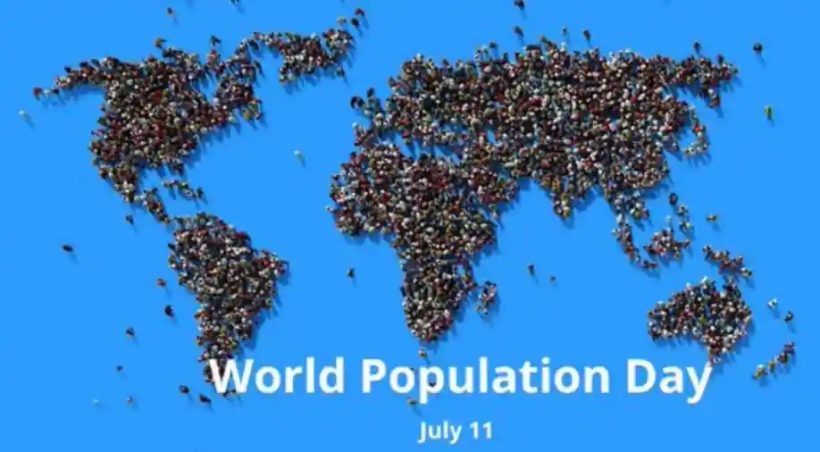Updated UN data show that the world population in 2022 will reach 8 billion by the end of the year. By age and percentage, the world population is divided as follows: 0 to 14 years old 25.3%; 15 to 64 years old 65%; over 64 years old 9.7%.
Among the mega-trends, which are highlighted in the reports derived from the UN, there are three main ones: 1- The drop in world female fertility, which has gone from 4.5 children in 1970 to 2.5 children five decades afterwards. 2- The increase in life expectancy from 64.6 years in the early 1990s to 72.6 years in 2019. 3- The continued growth in levels of urbanisation. In 2007, for the first time in human history, more people lived in urban areas than in rural areas, and by 2050 it is estimated that around 2/3 of the world’s population will live in cities.
Different international organizations, including the UN itself, affirm that population growth is one of the main factors contributing to the depletion of natural resources, environmental degradation, rising unemployment and the rising cost of living …
In our Federation we observe and interpret the information and data coming from the UN in a different way. In addition, we pay attention to the most recent affirmations of other demographers, now in the minority, who maintain that we are heading towards a “demographic winter”. These studies are mainly based on two indicators: 1 – The proven slowdown in the level of fertility, partly achieved by public policies of birth control and birth restriction, and 2 – The progressive ageing of the world’s population.
If there is a lack of food, water and decent housing for a huge part of the world’s population, if there is an enormous deterioration of the natural environment, it is not due to the simultaneous action of an excess population. The Earth’s environmental resources are finite, but we are a long way from a shortage and abuse due to lack of space or resources caused by global overpopulation.
The solution lies in how we distribute what we have through real democracy, how we put an end to the international financial system, and how we redirect destructive spending (military industry, sumptuous consumption, extractivism, etc.) towards constructive production (science and technology at the service of quality of life; integral health and education, towards a culture of non-violence).
In our Federation, we maintain that no human being is a charge on the world, no person is an expense. Every human being, to the best of his or her ability, can contribute to the achievement of the common good.
International Coordination Team of the International Federation of Humanist Parties










